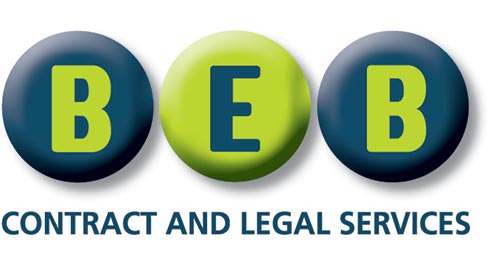In today’s fast-paced business world, protecting sensitive information is crucial. Non-disclosure agreements serve as essential legal tools that can help safeguard confidential data from unauthorised disclosure. But what are non-disclosure agreements exactly?
What is an NDA?
To put it simply, non-disclosure agreements, or an “NDA” for short, allow for ideas and information to be shared between parties without the risk of sensitive information falling into the hands of third parties, such as competitors. This could include things such as business models and processes, intellectual property, client information, or any other information which a party wishes to protect.
The restrictions set out in an NDA could apply on a mutual (“bilateral”) or non-mutual (“unilateral”) basis, depending on the circumstances. One may be needed, for instance, where multiple parties work together on a joint venture due to the substantial amount of information shared between them. However, NDAs are also common in a number of other situations, such as when an employer wishes to stop an employee from sharing information, when an investment opportunity arises, or when a client-business relationship requires the disclosure of certain information.
NDAs typically have exception clauses, where disclosure of protected information would not be classed as a breach of contract. This often includes:
- Information that is in the public domain;
- Information received by the disclosing party prior to them signing the NDA; and
- Information that is required to be disclosed by law.
It is important to note that, in accordance with the above, disclosure of certain information can never be fully prevented. However, with an NDA, it can be limited as much as reasonably possible.
Creating or signing an NDA
Now that you know what non-disclosure agreements are, there are important things you should know when creating one. For instance, it is not strictly necessary for you to use somebody legally trained to do so. However, if the information you wish to protect is important enough to require an NDA at all, then why not ensure it is as legally sound as can be by consulting a professional?
In any case, it is crucial that an NDA sets out the information that needs to be protected in order for the parties to understand what they can and cannot share, and that clear and concise language is used to do so.
On the other hand, where you have been asked to sign an NDA, it is crucial that you take your time to read it carefully and ensure you understand your obligations under the contract. If the restrictions seem far too harsh – say, for instance, that there are no exception clauses set out in the contract, or it does not appear to be mutual even though it was agreed that it would be – then it is best to hold off on signing until these issues are resolved. It may also be beneficial to have the contract reviewed by a legal expert if any of the language appears confusing or too broad.
Whether you are in need of an NDA or have been issued a particularly tricky one, you can get in touch with us today at info@bebconsultancy.co.uk or 01604 217365.

